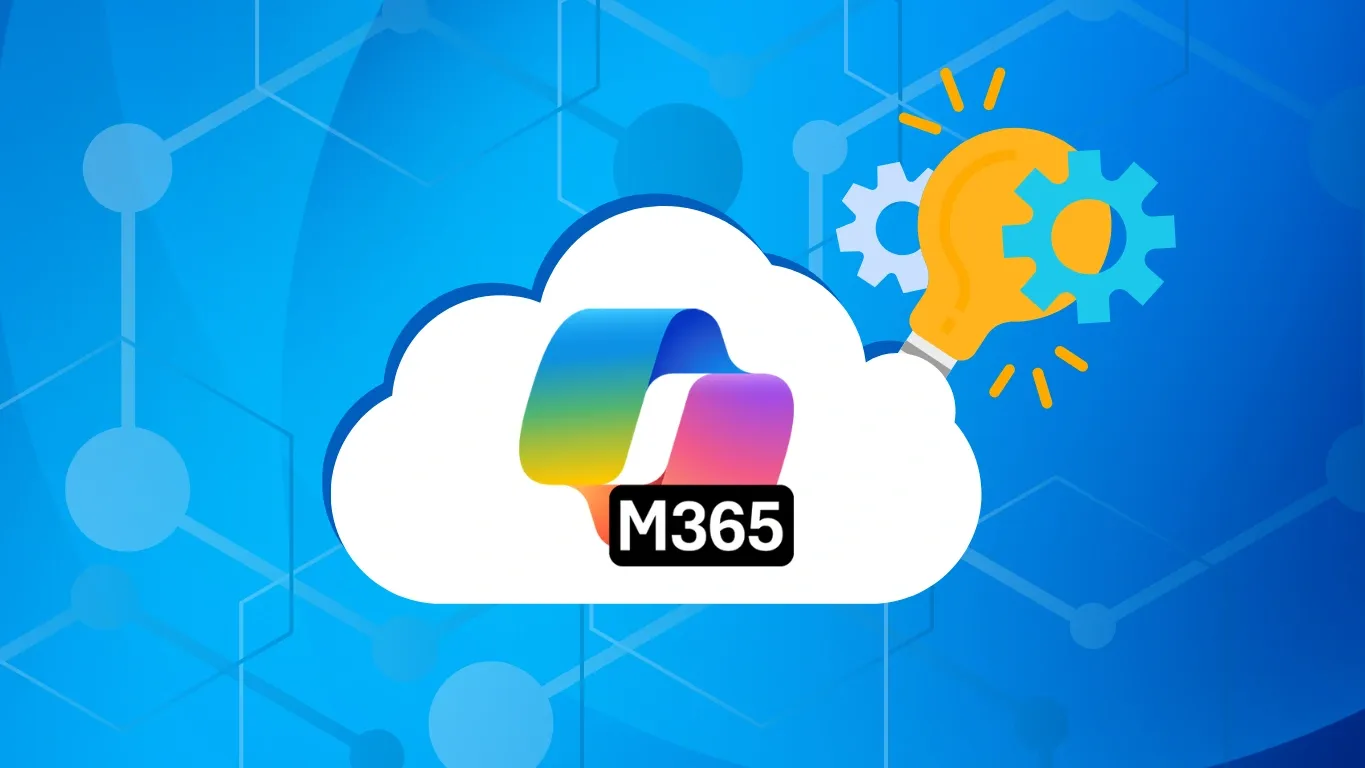How to Plan an Effective Backup Strategy for Microsoft 365
Learn how to plan and implement a backup strategy for Microsoft 365 that protects critical data in Exchange, SharePoint, Teams, and OneDrive against loss, ransomware, and compliance risks.

This is Post #1 of our Cloud Backup Planning & Assessment for Microsoft 365 and Azure Series
Continue your migration journey with the next posts in the series:

The average user taps into Microsoft 365 whenever they need to get some work done on that platform and doesn’t necessarily think twice about it. They hold the misconception that Microsoft automatically backs up all the work that they submit to it. Unfortunately, that’s not quite how it works in the real world. The truth is, nothing is really backed up unless you take steps to implement an effective backup strategy. This is why we want to look step-by-step at the measures that you can take to back up your work on the Microsoft 365 platform.
Determine What Your Backup Requirements Are
The first step in creating a comprehensive backup plan is to determine what your backup needs truly are. This can vary from company to company, and it is essential to understand what types of things you should spend your time and energy on. Here are a few key objectives to think about as you begin to formulate your backup strategy:
-
Length of Retained Documents - How long do you need to retain and maintain backups of various documents? For some documents, this timeframe might be as short as a single year. In other cases, you might need to expand that window to a length of time that looks closer to seven years. Then, there are those particularly sensitive documents that you must hold on to forever. Determining the length of time that you need to retain certain documents can help to inform your backup strategy.
-
Compliance Considerations - Depending on the nature of the business that you are in, it is possible that there will be certain regulatory requirements that you must be mindful of. Compliance with said regulations makes it possible for you to continue to conduct business without any complications.
-
Types of Data that Must be Protected - Finally, you should think about the specific types of data that you need to protect. You might have files on programs such as OneDrive, e-mail, and SharePoint that you need to keep protected. Creating a list of data types that you need to protect can help you to sort out the data that absolutely must be secured against the data that you don’t need as many protections for.
Think about these things as you move forward with your goal of keeping your data secure. Your backup requirements might evolve with time as well, so take a moment to review your needs from time to time.
Components of an Effective Microsoft 365 Backup Strategy
Taking on the complexity of a comprehensive Microsoft 365 backup strategy means having a plan for each step of the process. In particular, you should be capable of defining some critical components necessary to make it happen. A few of those components include:
-
Backup Scheduling - You should consider the frequency with which you will back up your data. This means establishing a routine schedule for your backup procedures. At a minimum, you should back up all necessary materials at least once per day. Generally speaking, even more frequent backups are the safest option.
-
Data Encryption - There were over 3,000 recorded data breaches in the United States in 2024 alone. This was a near-record setting year, and another eye-opener when it comes to the need for data encryption and protection. You must do everything within your power to keep your data safe and out of the hands of those who have no business handling it.
-
Storage Infrastructure - There are physical components necessary to build out the comprehensive backup strategy that you need for your company. This means investing in things such as cloud-based servers and off-site storage. You need these things to retain the data that you are intending to store for the long-term.
-
Monitoring and Alerts - It is best to catch a problem before it snowballs into something bigger. As such, a comprehensive backup strategy will include elements of monitoring and alerts. Those alerts should inform you when there is any unusual activity detected within your system. Upon detecting such activity, it is wise to act quickly to respond to the threat. By doing so, you can keep your data safely backed up and prevent would-be hackers from having access to your materials.
-
Backup Testing - It is also necessary to test your backup systems from time to time to guarantee that they are working properly and that you have done everything you can to keep your system safe. Testing these systems can give you some peace of mind that everything is working as intended and that you can move on to the next thing.
These are the steps that should always be in your mind as you approach how best to create a backup strategy for all your Microsoft 365 data. Think like that, and you will soon see dividends for all your hard work.
How a Managed Service Provider (MSP) Can Help Strengthen Your Microsoft 365 Backup Strategy
It takes a lot of work to try to create a backup strategy entirely on your own. Then, once that strategy has been put into place, you still have to think about how you will monitor its progress and ensure that everything continues to go smoothly with it. Needless to say, this is certainly not the easiest task on your “to-do” list. However, that is exactly why you might want to consider hiring a managed service provider (MSP).
With the help of an MSP, you can turn over your backup strategy to them and let it run on auto-pilot. They will take it over for you and ensure that your strategy is finely tuned to do precisely what you need it to. They can also ensure that you meet all regulatory compliance hurdles that are thrown your way. On top of all of that, they should proactively monitor your backup environment and, in the event of data loss, rapidly respond to minimize any potential disruption to your operations.
For more information on getting started with an MSP and building your backup strategy from the ground up, reach out and contact us today. We will be more than happy to assist you with this process.





